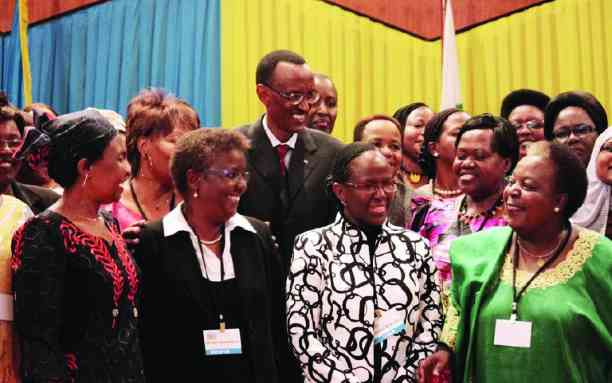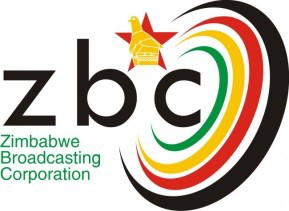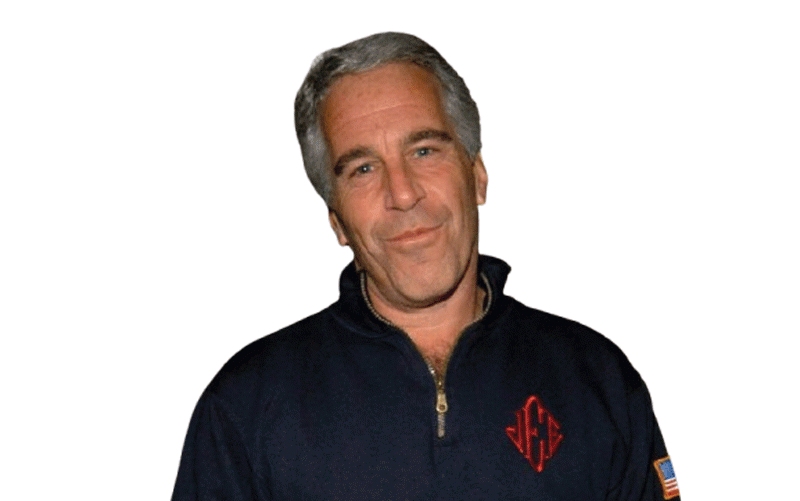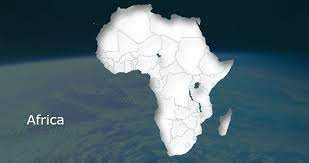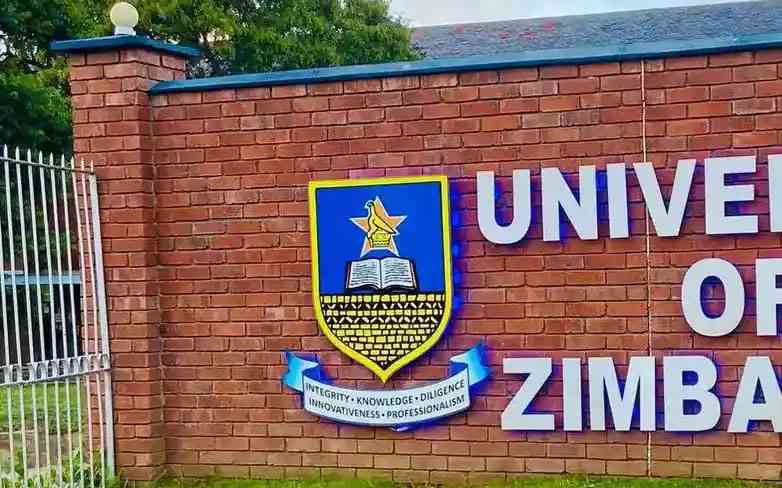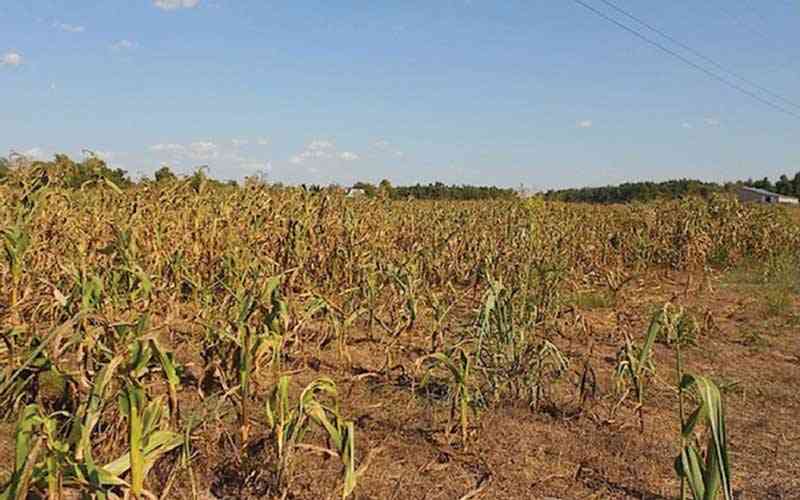
President Emmerson Mnangagwa declared the 2023/2024 summer cropping a national disaster following the El Nino-induced drought.
The outlook is not good.
Images of sun-backed wilting crops and pastures, muddy streams and rivers becoming a death trap for weak livestock are a worrying growing trend.
Communities are painfully watching crops wilt, while cattle desperately graze on disappearing grass.
In Zimbabwe, a greater part of the country’s crops was decimated by the dry conditions with experts urging the government to declare a state of disaster and approach aid agencies.
According to FewsNet, the USAid’s food security arm, the 2024 harvest is expected to be poor and will impact household food access throughout the post-harvest period.
Drought relief in rural communities is of utmost importance due to its potential to mitigate the adverse impacts of droughts, safeguard livelihoods, and ensure food security.
Rural communities, particularly in developing countries like Zimbabwe, are often heavily dependent on rain-fed agriculture and lack the necessary infrastructure and resources to cope with extended periods of drought
- Mr President, you missed the opportunity to be the veritable voice of conscience
- ED to commission new-look border post
- Zanu PF ready for congress
- EU slams Zim over delayed reforms
Keep Reading
Droughts can lead to crop failure, livestock loss, and reduced agricultural productivity.
This directly affects the availability and affordability of food in rural communities.
Drought relief measures, such as providing seed, fertilizers, and irrigation facilities, can help communities sustain agricultural production and minimise the risk of hunger and malnutrition.
Many rural communities rely on agriculture as their primary source of income.
Droughts can lead to the loss of livelihoods as crops fail and livestock perish.
Drought relief programmes can provide financial support, training, and alternative livelihood options to help communities diversify their income sources and build resilience against future droughts.
Droughts often exacerbate water scarcity, as rivers and groundwater sources dry up.
Access to clean and reliable water becomes a significant challenge, affecting not only agricultural activities but also the overall well-being of rural communities.
Drought relief efforts can focus on improving water infrastructure, implementing water conservation practices, and providing safe drinking water to mitigate the impact of droughts.
In response to drought, NGOs have played a crucial role in fighting against these problems and other problems, with a variety of aid.
However, the government of Zimbabwe has gone after these NGOs claiming that they were a threat to our society and they were abetting corruption in the country.
The government went on to sign the PVO Bill that gives them power to deregister NGOs if they feel threatened.
With the signing of the PVO Bill which was targeted at destroying and deregistering NGOs that were thought to be against the government's will, what is likely to happen to those people in the rural areas that depended on these NGOs in the coming drought which is being foreseen?
The Senate approved the Private Voluntary Organisations (Amendment) Bill on February 1, 2023.
The passing of the Bill will sound the death knell to the livelihoods of thousands of people who are dependent (service users) on NGOs work.
NGOs are not regime change agents as per propaganda by the government and the deep state — they are agents of development.
NGOs offer a broad range of services that include health, education, social protection, humanitarian assistance, livelihood interventions, emergency response, conflict resolution, democracy building, environmental management, human rights education, election monitoring and policy analysis and advocacy.
The 2022 national budget posited that Zimbabwe received approximately US$130 million in humanitarian assistance in 2021.
On the other hand, the 2022 monetary policy statement aptly pointed out that NGOs are the third biggest earners of foreign currency in the country after export proceeds.
Further, the total foreign currency revenues from NGOs increased from US$647,78 million in 2020 to US$975,16 million in 2021 — a 51% increase.
Numbers do not lie and the numbers confirm and affirm that if the PVOs Bill becomes law, it will be disastrous to the livelihoods of citizens.
Further, NGOs support key populations and marginalised socio-economic groups like women, the elderly, orphans and vulnerable children, people with disabilities, people living with HIV, and other minority groups.
If the president signs the Bill into Law — he will be signing a death warrant for over a million people.
The Bill is widely seen as weaponisation of the law to clamp down on civic society groups seen by the government as a vital cog of the opposition.
However, in putting this law in place, the government is cutting its nose to spite its face as it has no capacity to handle the fallout should PVOs close shop and as a result starve the country of critical funding particularly for the disadvantaged and vulnerable members of society.
This is when the government has dismally failed to provide adequate safety nets for the vulnerable.
One only has to look at how the government has always struggled to fund the Basic Education Assistance Module, which is meant to provide educational assistance to orphans and other vulnerable children aged between six to 19 years, to see this.
In rural areas, drought will impact on the availability of drinking water as some rivers and streams would have dried up.
Small scale farmers cannot continue to hold on to their cattle while watching them die.
Cattle are a precious commodity with cultural and social status attachments, they are a source of wealth and prestige, hence communities sometimes make the folly of not disposing of them quickly when they are still marketable.
The unfolding drought means that underground water levels are under severe threat, therefore, rural gardening may not be possible since the water tables continue to recede.
As a result, El-Nino risk awareness campaigns should be carried out and this is the time to increase momentum both from national pathways and mouthpieces, development sector initiatives and advocacy, community and individual efforts.
*Gary Gerald Mtombeni is a journalist based in Harare. He writes here in his own personal capacity. For feedback Email [email protected]/ call- +263778861608

